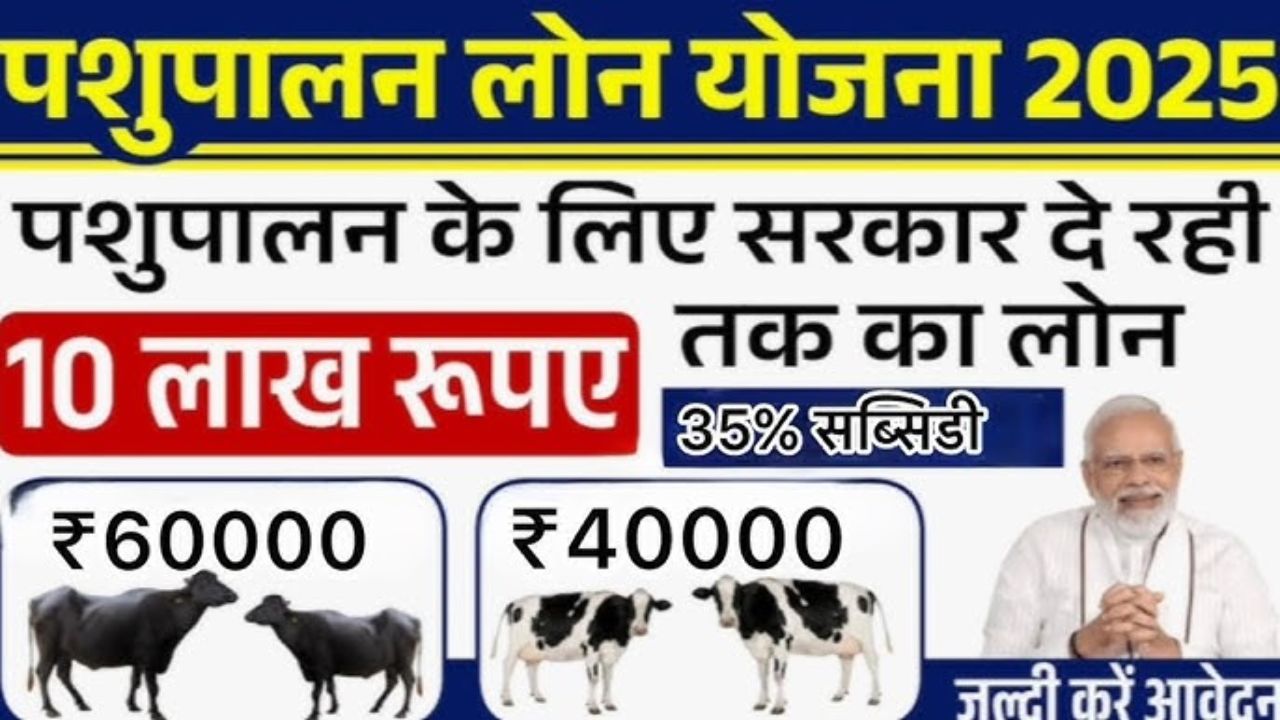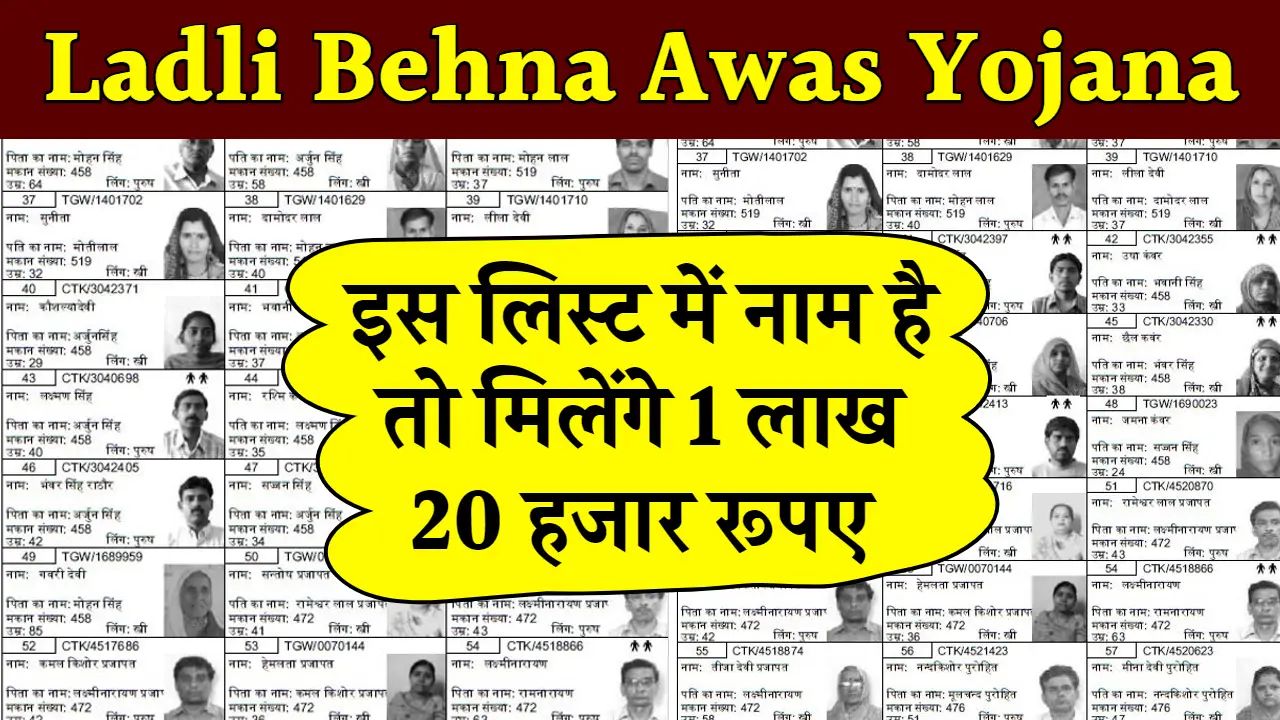For millions of government employees in India, pension isn’t just a benefit—it’s a crucial financial safety net that supports their life after retirement. It helps ensure a steady monthly income even after one stops working, providing not just personal stability, but also support for their families. For many, this is the foundation of their financial planning.
However, recent developments show that the Central Government has been making continuous changes to pension-related rules. This has sparked concerns and confusion among employees and retirees, especially regarding Commuted Pension—a system where a portion of the pension is taken in a lump sum at retirement, with the rest paid monthly. Now, there are talks of restoring full pension earlier than the existing 15-year period, and the government is actively considering it.
What Is Commuted Pension and Why Is It in the News?
Commuted Pension allows a retiring government employee to take a part of their pension (up to 40%) as a one-time lump sum payment. This helps manage big post-retirement expenses like building a home, children’s education or wedding, etc. However, the monthly pension amount is reduced accordingly. The good news is that after 15 years, the full monthly pension is usually restored.

Demand for Early Restoration of Full Pension
Employee unions are strongly urging the government to reduce this 15-year wait period and restore full pension within 10 or 12 years. This move could offer significant relief to retirees, improving their financial stability in the crucial years following retirement. As of now, the government is reviewing this suggestion, but no final decision has been made yet.
New Rules Bring Stricter Conditions for Pension Eligibility
On 22nd May 2025, the Central Government enforced the Central Civil Services (Pension) Amendment Rules, 2025. According to these new rules, any government employee who is terminated from a Public Sector Undertaking (PSU) due to misconduct or indiscipline can now lose their pension and retirement benefits.
These changes apply specifically to employees who joined service before 31st December 2003 and are under the Old Pension Scheme (OPS). However, this rule does not apply to Railway employees, IAS/IPS/IFoS officers, daily wage earners, or those enrolled under the New Pension Scheme (NPS).
Employees Need to Be More Cautious Than Ever
With these rule changes, government employees need to be extremely careful during their service. A minor act of indiscipline could lead to the loss of not just their job, but also their entire retirement fund, including pension, gratuity, and other benefits. Unlike before, where some relief was possible, the new rules show a much stricter stance.
What Will Change With These New Pension Decisions?
These new pension reforms make it clear that pensions are no longer the guaranteed cushion they once were. While Commuted Pension still remains a helpful option, it comes with tighter conditions now.
The idea of early restoration of full pension—reducing the 15-year waiting period—is being considered, and if the government acts positively, it will provide great relief to lakhs of retired employees. Until then, the wait continues.
What Should Employees Do Now?
Every government employee should now understand that pensions are tied to behavior, rules, and service records. It’s vital to stay informed and follow all service regulations diligently. Employees should regularly check for any updates related to pensions and stay in touch with official portals or departments for clarity.
Disclaimer
This article is purely intended for public awareness and informational purposes. All information is based on recent government circulars and media reports. Please verify with official sources or consult relevant departments before making any pension or retirement-related decisions.









